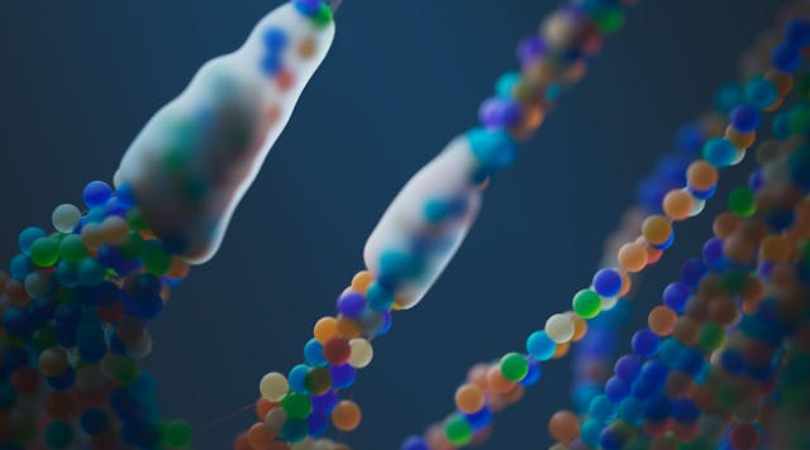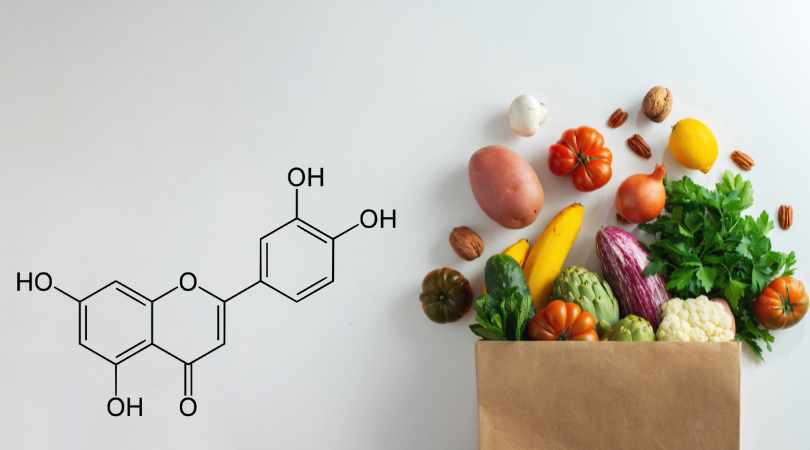Scientists have successfully restored the lost uricase enzyme, a key breakthrough in combating fructose-induced fat formation. This discovery offers new hope for preventing obesity and metabolic disorders by targeting how the body processes sugar and stores fat.
Limited Quantities Available! Order Today and Enjoy Free Shipping on Orders Over $100!
Berberine
A natural plant alkaloid shown to improve insulin sensitivity and activate AMPK—often paired with compounds like luteolin for metabolic support.
A Smart Stack Starts with the Right Target
Berberine is a powerful tool for insulin sensitivity—but pairing it with fructose-focused support may unlock even deeper benefits.
While berberine activates AMPK and mimics some effects of fasting, it doesn’t directly address the hidden burden of fructose metabolism. That’s where SugarShield comes in—supporting cellular energy by helping manage uric acid, inflammation, and the mitochondrial stress triggered by fructose.
Together, these tools form a metabolic stack that targets both sides of the equation: improving insulin signaling while helping reduce the metabolic load that causes it to fail in the first place.
What is Berberine?
Berberine is a bioactive compound extracted from several plants, including barberry and goldenseal. It has a long history in traditional medicine and has been widely studied for its metabolic benefits.
How It Works
Berberine:
- Improves glucose control
- Reduces insulin resistance
- Activates AMPK (the energy-regulating enzyme)
- May support gut microbiome balance
Berberine and Fructose
While not a fructokinase inhibitor, berberine indirectly supports fructose metabolism by:
- Activating AMPK (which fructose suppresses)
- Enhancing mitochondrial function
- Improving insulin signaling
It complements compounds like luteolin by addressing different points in the metabolic web.
Combining with Luteolin
Some users and researchers combine berberine with luteolin and other flavonoids for a synergistic effect on insulin resistance, energy levels, and metabolic restoration.
At LIV3, we view berberine as a powerful adjunct to fructose metabolism control—especially when paired with root-cause approaches like SugarShield."






